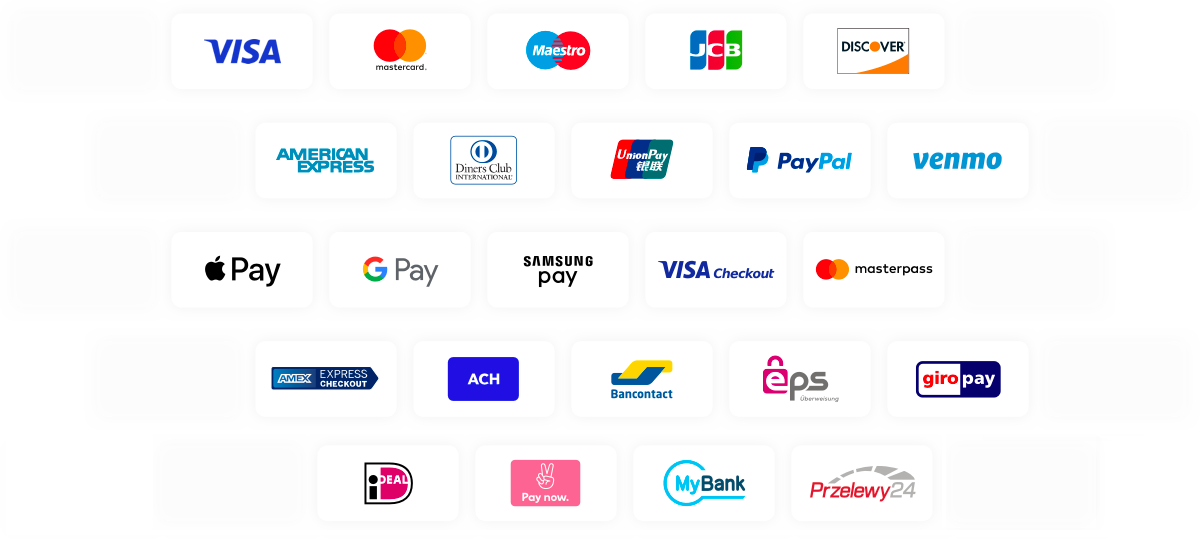Navigating the Mystique of Bitcoin in Today's Market
With Bitcoin back in the news, we thought it would be a great time to take a deeper dive into cryptocurrency and understand what makes it tick. Is it hype, hope, or something more tangible?
Understanding Bitcoin's Conceptual Value

Bitcoin's value is for now, conceptual, and concepts defy traditional valuation metrics. Instead, it is akin to abstract constructs like belief systems or astrology—real to those who ascribe to it, yet to some, it is devoid of intrinsic material value. This conceptual nature can be as potent and as elusive as any belief, significantly influencing its market presence. Simply put, the value is held in the eyes of the beholder and those who desire it.
Throughout history, new and speculative investment ideas have captivated and bewildered investors—Dutch tulips of the 1600s, the South Sea bubble of the 1700s, and Japanese real estate in the 1980s. Bitcoin, in many ways, has joined this list of enigmatic assets. Will it separate itself from the financial fads of the past and become a sound financial investment? Time will tell.
Bitcoin's Volatility and Investability
The investment landscape is riddled with assets of varying levels of volatility. Investor return is highly correlated with investor behavior (i.e., emotional buying and selling), and because of this, the most successful investments are the ones that you can hold onto for long periods of time. Assets with lower volatility are much easier to hold on to, and in doing so, they provoke less emotion and have a lower chance of inducing bad behavior. High volatility investments can be exciting but can also make your stomach churn, making these types of investments, like Bitcoin, very difficult to own over long periods of time.

Source: Principle Wealth, Portfolio Visualizer
Does It Hedge Inflation, and Can I Use It?
Proponents argue that Bitcoin can act as a hedge against inflation and as an alternative to traditional currencies, particularly considering the United States' soaring debt levels. Detractors, however, question its utility and regulatory oversight. Unlike commodities such as natural gas, oil, or silver—which are overseen by bodies like the Commodity Futures Trading Commission (CFTC)—Bitcoin's regulatory environment remains uncertain, leaving its long-term status ambiguous. For those still reading, yes, the SEC recently approved spot trading Bitcoin through a wrapper of an exchange-traded fund (ETF). However, the underlying asset itself remains unregulated.
As of the date of this memo, Bitcoin’s usability remains low for most people. Credit cards, Apply Pay, checks, and cash are all broadly accepted payment methods worldwide. Bitcoin is slowly becoming a form of payment in some circles, but it has a lot of work to do.

Source: https://elextensions.com/best-payment-methods-international-customers/
The Bottom Line
Investing in Bitcoin is a journey of cautious exploration. While direct exposure to Bitcoin may not suit everyone's risk profile, various financial products are emerging that offer indirect exposure to cryptocurrencies. These offerings aim to present Bitcoin in a more palatable format for the average investor, integrating it into mixed asset funds or allocation funds without inducing undue anxiety. For those intrigued by its potential, Bitcoin represents both the allure and the risk inherent in breaking new ground in the financial world. We continue to monitor all available investment options in this space. For now, we believe it is similar to playing with fire. This may change over time with institutional participation and increased regulation. Stay tuned.
Andrew Cialek, CFP®
